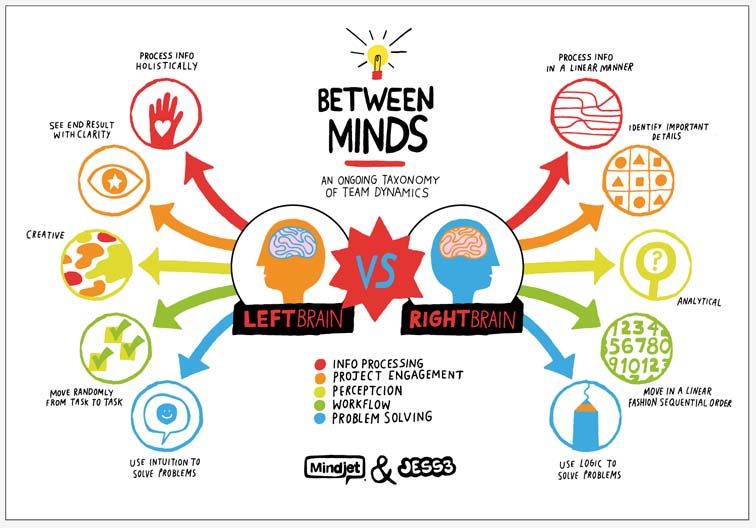The Using Technology Better blog recently posted an article about the buzzwords currently trending in education. The most powerful part of the article was the advice offered about when (and when not) to pay attention to certain trends. It is all about school culture, goals, and overall vision.
“Understand your local school culture – specifically, do you adapt to change?
Understand how your teachers teach and why – this ties in with your school culture
Look at why you are making changes – is it so you don’t feel like you are falling behind the trends?
Don’t copy someone else’s plan – it more than likely will fail in your context
When the educational buzz you’re hearing fits into your culture, then you should pay attention. If you are looking for a new trend to help redefine or shift your culture you are doomed to frustration and mediocre results.”
As an early adopter, I am always anxious to research the new “one more thing” in educational technology and think about ways it may support teaching and learning. As I study and learn from other early adopters who have shared their successes and failures, I weigh the implementation against the heaping stack of initiatives teachers already have on their plates. If a new trend can support teachers and students in a meaningful, pedagogically-sound way, I come up with presentations and Webinars to help those wanting to try it. That is why my site is now called “Kathy Schrock’s Guide to Everything“. That leaves me the license to share all manner of topic-based practices and resources for teachers.
There are some trends that I have yet to embrace. These are noticeably absent in my guide, although I have researched them, attended sessions about them, and are happy they are successful for other educators. I cannot promote something I don’t believe is in the best interest of students and teachers. Enough said.
I decided to look at the trends that are talked about now and provide you with some resources to begin or continue your investigation of them. I hope this helps expand your thinking about them.
Since I believe that data literacy and data visualization are important skills for our teachers and students to embrace, I have decided to use infographics with citations to illustrate the trends. Many educational infographics can be found at the http://elearninginfographics.com site, a site dedicated to gathering research and data and creating and categorizing educational infographics. (Side note: I am an infographic purist, and many of these images are “infographic-like posters”, since it is difficult to find those that target the way people skim infographics– with the catchy title and main info on top, followed by secondary and tertiary supporting information. My data literacy post here can help you learn more about design of an infographic.)
TRENDS
Maker spaces
Open education resources, Creative Commons, and copyright
Blended learning
UDL/Adaptive design
Personalized learning
Cloud computing
Lifelong learning
Digital literacy
Right-brain thinking










